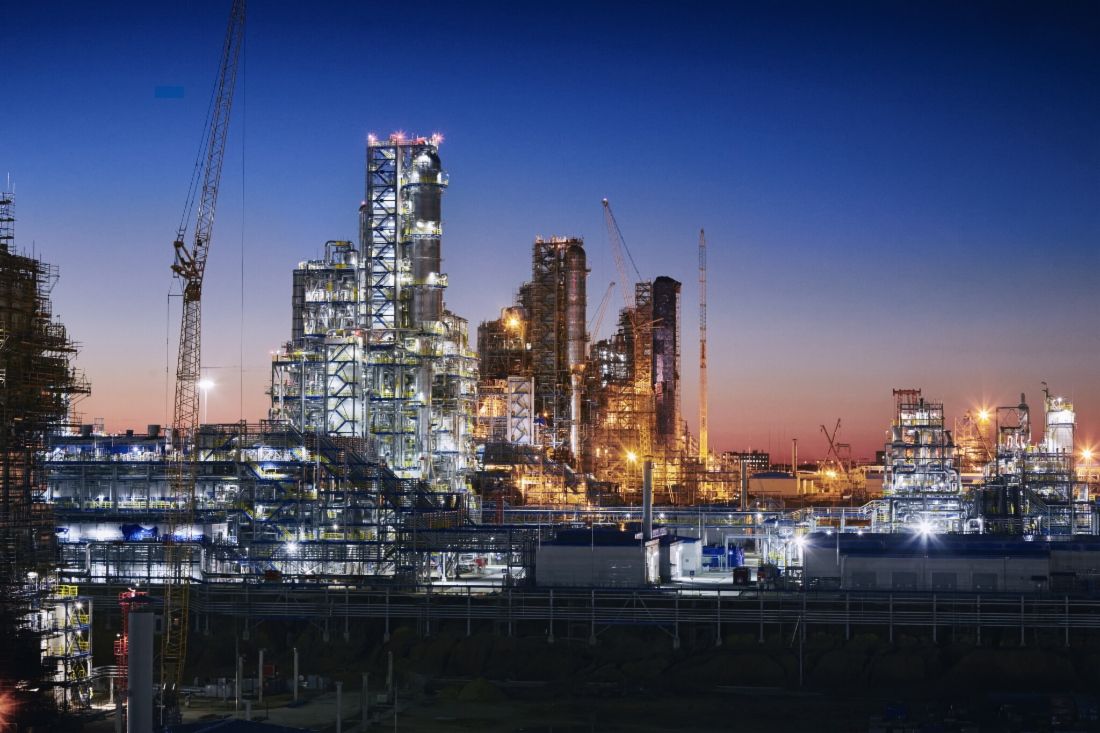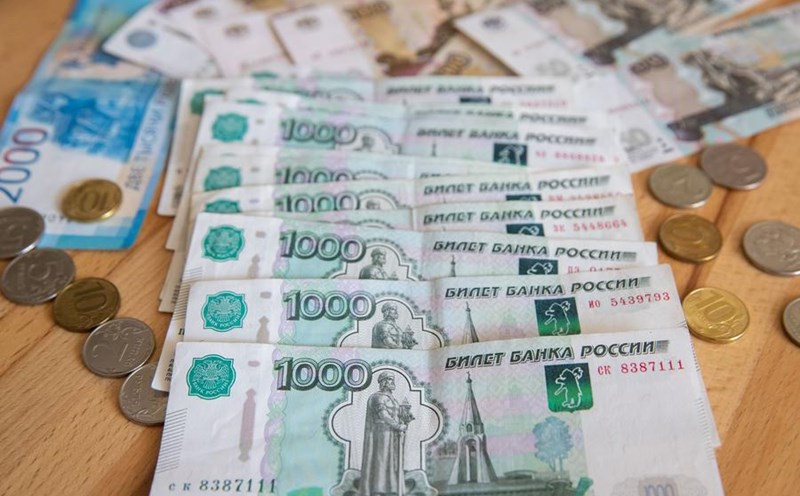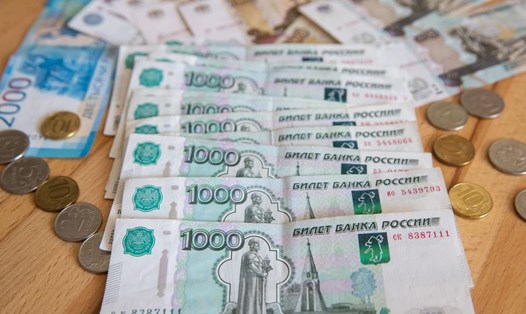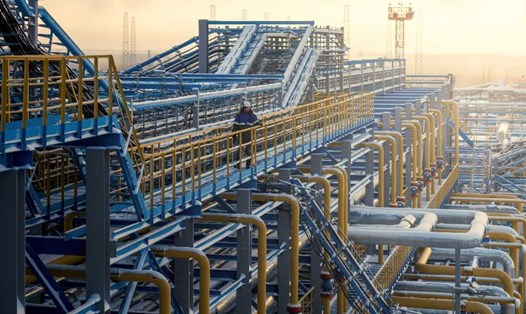Shortly after Russia launched its military campaign in Ukraine in 2022, the European Union (EU) announced that it would end its dependence on Russian gas by 2027. But reality shows that promise is gradually falling into a mystery as Europe cannot find a truly effective alternative.
US gas was a "savior" during the 2022-2023 crisis. But now, EU officials and leading energy groups have begun to publicly express concerns that relying on the US is also a risk.
Since 2023, the US has become one of the largest LNG suppliers to Europe. But the price is not small. Imported LNG prices are significantly higher than those of Russian gas via pipelines. Meanwhile, talks with Qatar - the world's third largest LNG exporter - have fallen at a standstill.
In addition, there is a risk that the US will tighten LNG exports if domestic gas prices increase. President Trump could well turn LNG into a commercial lever, warned Dr. Tatiana Mitrova, University of Columbia.
Germany, Europe's largest economy, used to rely on 60% of Russian gas. Since Nord Stream was destroyed in 2022, the chemical industry, especially the complexes in Leuna or Ludwigshafen, has fallen into a deep crisis.

Mr. Christof Guenther - CEO of InfraLeuna - did not hesitate to say: "We need Russian gas to return as soon as possible. High gas prices are killing the German chemical industry.
According to a survey in the German state of Mecklenburg-Vorpommern, nearly 50% of the population supports the re-entry of Russian gas - a signal that the public view is also shifting.
Although many energy companies such as Totalenergies, Engie of France or OMV of Austria have publicly mentioned the possibility of re-entering Russian gas, including LNG from Novatek, the EU still does not have a clear strategy for this scenario.
Suits against Gazprom for breach of contract after 2022 are still ongoing. But many operators such as Didier Holleaux - Vice President of Engie - have proposed a way out to allow Russia to repay the debt by resuming gas transit through Ukraine, as a form of reopening cooperation on a legal basis.
However, geopolitical concerns are still haunting. Ukraine, a country that has suffered heavy losses from the conflict, expressed concern. Maxim Timchenko, CEO of Ukraine's energy giant DTEK, said he hopes European politicians will not put their trust in Russia again.
Although the renewable energy in the EU is crowned, the deployment speed is still not fast enough to replace 150 billion m3 of gas every year from Russia. The re -entering part of Russia - whether directly in the form of direct or third party - is considered as the "only practical choice" that the EU can consider in the next few years.
We never return to the way we were before the conflict. But 60-70 billion cubic meters of gas from Russia per year is possible, and perhaps necessary, concluded Patrick Pouyanne, director of Totalenergies.











